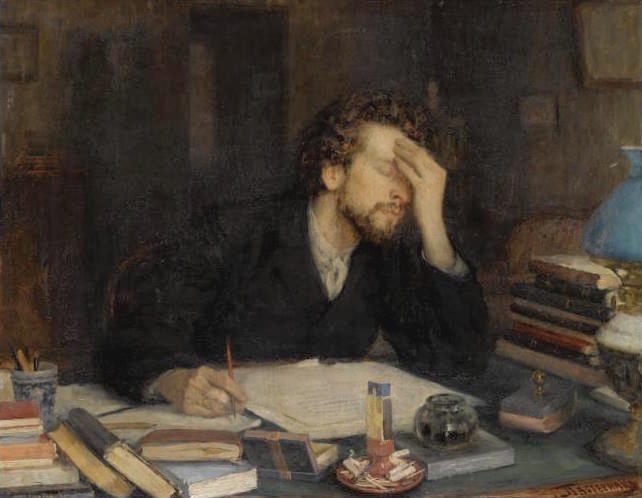First scholarly source
The first source I examined is written by Charles H. Webb, who is a both a professor and poet. He has won a Whiting Award, a Guggenheim fellowship, and a Pushcart Prize. In his article published in the Mississippi Review, he examines the purpose of the Creative Writing degree to fellow colleagues and aspiring MFA owners. He describes how the Creative Writing MFA has a purpose to teach students how to write, and how to write well. He does not dismiss the MFA entirely - rather he simply concludes that in order to be successful at a writing career, you must be born with imagination and imagination cannot be cultivated even with an MFA. He cites his own experience as a professor and basing his opinion after reading countless student essays and prose. I found this article by perusing through JSTOR.
Second scholarly source
The second source I decided to analyze is by Heather McHugh, who is an American poet. Like Webb, she has also won a Guggenheim fellowship in addition to a MacArthur Fellowship. In contrast to Webb, McHugh completely dismisses the Creative Writing MFA. While she admits that the MFA can teach students how to write correctly and follow trends based off of other great literature, she says that if anything the MFA teaches students how to become better readers, more so than better writers. She says how people do not obtain MFA degrees to get a job; they pursue it in order to satisfy their desire for the fine arts. She credits the Associated Writing Programs for statistics of employment after graduating with an MFA, which has shown to be declining. Her purpose in writing this article seems to be alerting students and colleagues of the precarious decision in pursuing an MFA degree. I found this article on JSTOR as well.
 |
| Pasternak, Leonid. "Throes of Creation." 19th century via Wikipedia. Public Domain License. |
How do you feel about bullets? Or numbered lists? Might be easier to find the information for your readers....
ReplyDelete